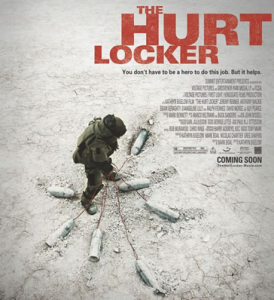I’m a few chapters into Sapiens: A Brief History of Humankind, a really interesting book by Yuval Noah Harari. He’s an Oxford Ph.D. whose current research focuses on macro-historical questions: What is the relation between history and biology? Does history have a direction? Did people become happier as history unfolded?
Today I found a link to a conversation between Harari and Daniel Kahneman that was packed with interesting ideas. Here’s one:
“In terms of history, the events in Middle East, of ISIS and all of that, is just a speed bump on history’s highway. The Middle East is not very important. Silicon Valley is much more important. It’s the world of the 21st century … I’m not speaking only about technology. In terms of ideas, in terms of religions, the most interesting place today in the world is Silicon Valley, not the Middle East. This is where people like Ray Kurzweil, are creating new religions. These are the religions that will take over the world, not the ones coming out of Syria and Iraq and Nigeria.”


 “In the history of filmmaking, there is only one movie that Marines like, and that’s the first 20 minutes of Full Metal Jacket,” Sgt. Eric Kocher says, slicing into a medium-rare steak in a midtown New York restaurant. “After that, it all goes to shit.”
“In the history of filmmaking, there is only one movie that Marines like, and that’s the first 20 minutes of Full Metal Jacket,” Sgt. Eric Kocher says, slicing into a medium-rare steak in a midtown New York restaurant. “After that, it all goes to shit.” I was talking with a co-worker about Lara Logan’s (CBS Chief Foreign Correspondent) recent appearance on The Daily Show. She posed the question, “When was the last time you saw a dead American soldier on TV?” She was making the point that media in the U. S. has been MIA on the war in Iraq (except for that victorious march into Baghdad).
I was talking with a co-worker about Lara Logan’s (CBS Chief Foreign Correspondent) recent appearance on The Daily Show. She posed the question, “When was the last time you saw a dead American soldier on TV?” She was making the point that media in the U. S. has been MIA on the war in Iraq (except for that victorious march into Baghdad).